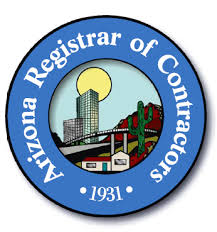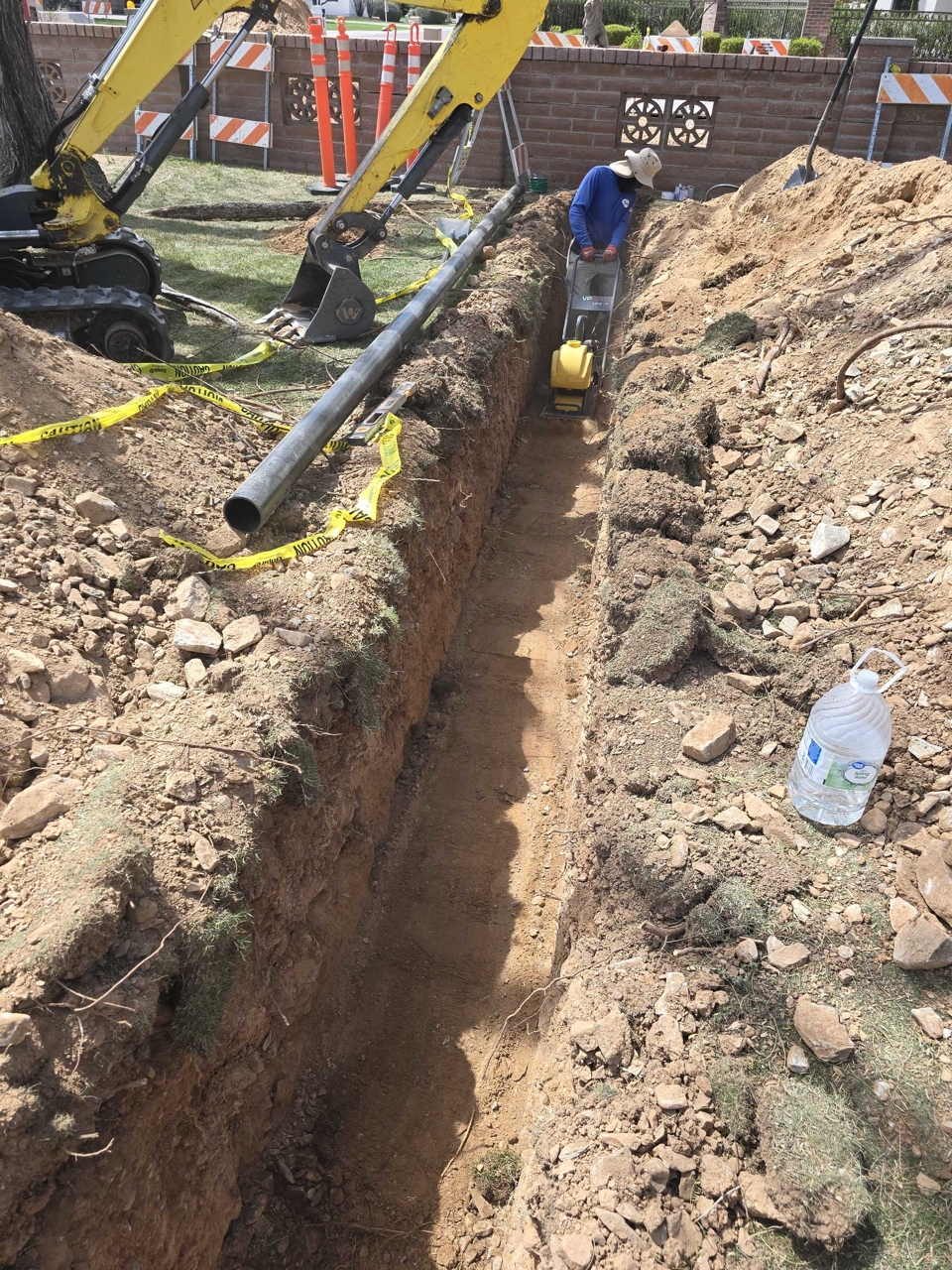When it comes to septic system work in Arizona, specific licenses and certifications are required to ensure compliance with state regulations. A plumbing license alone is generally not sufficient. This blog post will help clarify the essential licenses required and whether a plumbing license suffices for septic system work. Here’s what you need to know:
Key Licenses for Septic System Work
- Arizona Registrar of Contractors (ROC) License
Contractors must be licensed by the ROC under specific classifications to work on septic systems, including:
- KA Dual Engineering: General Engineering and General Building.
- A General Engineering: General engineering tasks, including grading and drainage.
- C-53 Water Well Drilling: Drilling wells and related activities.
- C-68 Septic Tanks and Systems: Septic tank installation and maintenance.
- Arizona Department of Environmental Quality (ADEQ) Approval
The ADEQ oversees the design, installation, and maintenance of septic systems. While ADEQ does not issue licenses, contractors must adhere to their regulations. They may need to be ADEQ-certified or approved for tasks such as inspections and system design.
- Certified Septic Inspector
Individuals performing septic inspections often need certification from a recognized body, demonstrating their expertise in assessing septic systems.
- ADEQ Onsite Wastewater Treatment Facility Installer Certification
This certification ensures that installers are knowledgeable about ADEQ regulations and proper installation practices.
Transfer of Ownership Inspections
According to Arizona Administrative Code R18-9-A316, transferring ownership of properties with onsite wastewater treatment facilities involves specific inspection and reporting requirements:
- Inspection Requirement
Within six months before the property transfer, an inspection must be conducted by a qualified inspector who:
- Has working knowledge of the facility and inspection process.
- Holds a certificate of training recognized by ADEQ.
- Holds a relevant license, such as an Arizona-registered engineer, sanitarian, or a licensed contractor in specific categories.
- Inspection Report
The inspector must complete a Report of Inspection, addressing the physical and operational condition of the facility, any deficiencies, and repairs. The report should indicate whether the septic tank was pumped and provide the date of the inspection.
- Transfer Documentation
Before the property is transferred, the seller must provide the buyer with the completed Report of Inspection and related documents. The buyer must complete a Notice of Transfer form and submit it with the applicable fee within 15 days after the property transfer.
- Exceptions
If the facility received a Discharge Authorization but was not put into service before the transfer, an inspection is not required. The new owner must still complete the Notice of Transfer form.
Conclusion
In Arizona, a plumbing license by itself is not sufficient to perform septic system work. Contractors must obtain specific licenses and certifications to comply with state regulations. Ensuring all requirements are met is crucial for high-quality and compliant service.
For more information or to schedule a consultation, contact Macho Contracting today. Our team is fully licensed and certified to handle all your septic system needs in Phoenix and the surrounding areas.





